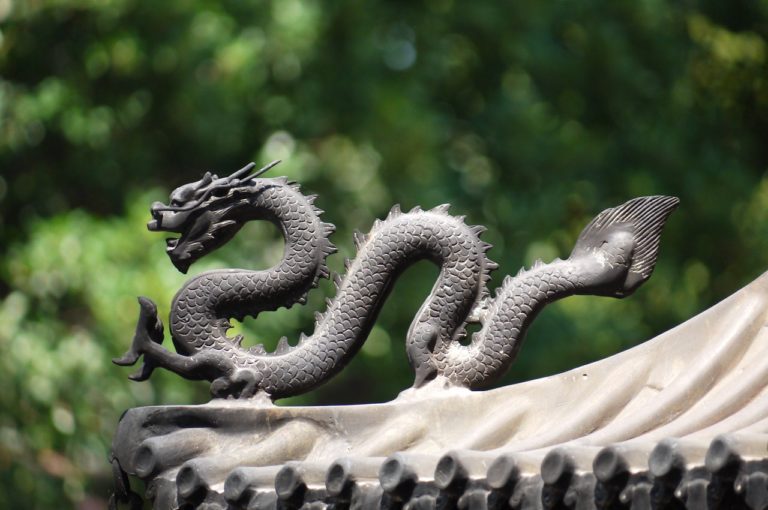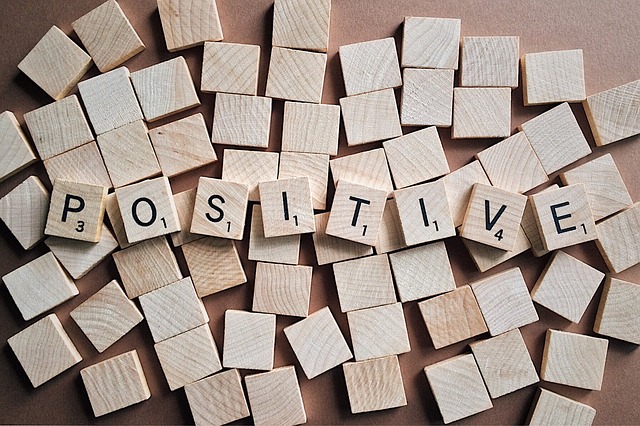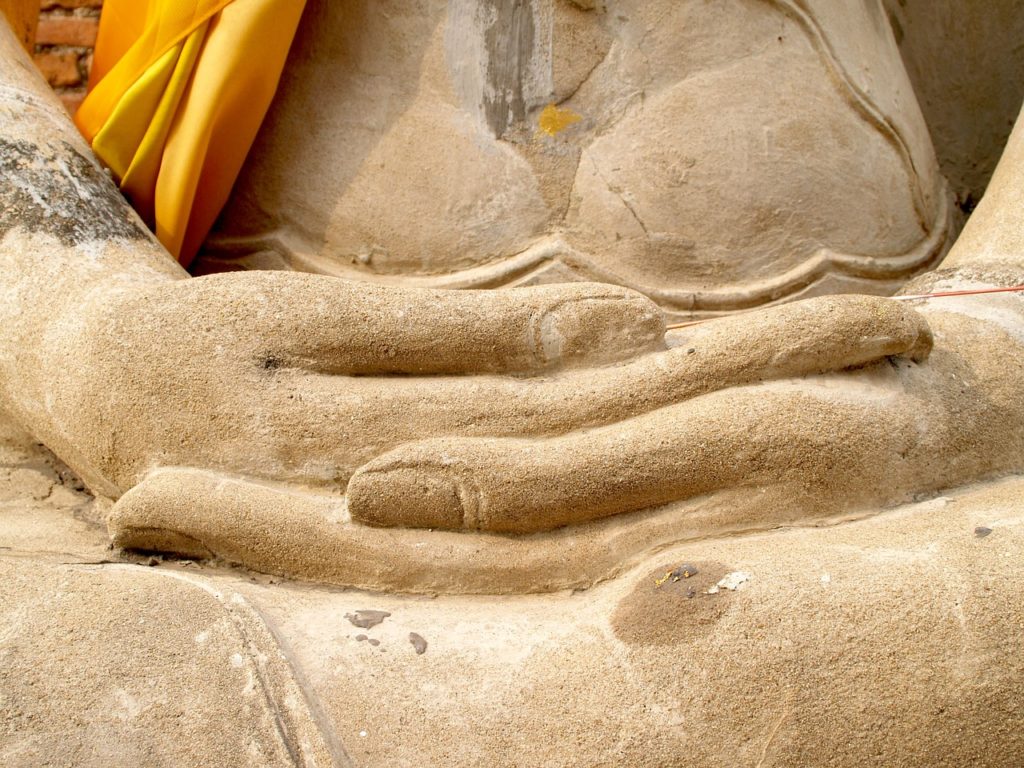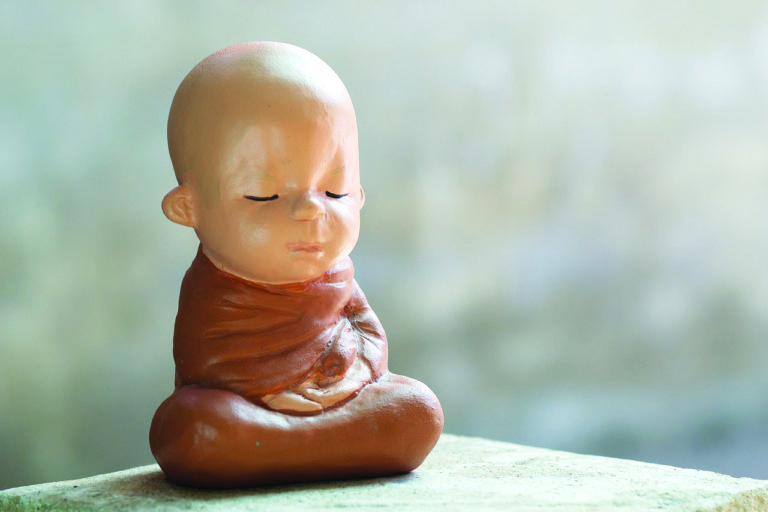
Life is the most precious thing in the world, so it is imperative that we respect it in all its forms. Not only must we have regard for human life, we must also respect animal life and the life of any organism in our ecosystem. The worst offense a person can ever commit is to violate the life of others, or even to cause harm to the environment.
Unfortunately, in today’s society, respect has become a foreign concept and consideration a forgotten notion. A moment of selfish intention can lead to the loss of life; a moment of unexplained hatred can result in cruel and unusual punishment. It is no surprise then that today’s headlines are full of senseless crimes. It seems as though taking a life—any life—has become a common occurrence in everyday living. Indifference has replaced sympathy and loving kindness.
Although human beings like to think of themselves as civilized people, their actions and thoughts are often barbaric. Instead of settling their disagreements over a cup of tea or coffee, they choose to do it with guns and violence. Instead of satisfying their hunger with plain rice and vegetables, they choose to eat fancy meals full of poultry and seafood. “To repay any debt owed” is a common-sense practice, but how can we ever repay a life lost due to our selfish desires?
The Buddha taught us that there is no differentiation between the self and the other, because every living being is made up of five aggregates—form, feeling, perception, mental formations, and consciousness. There is no permanent, everlasting self, for everything is in a constant state of flux.
Life is the most precious thing in the world, it is imperative that we respect each other to inject meaning into our existence, we must first acknowledge the existence of others, because the self in isolation is meaningless.
We, as human beings, exist as elements of a vast network of relationships with other beings. Not only do I exist for others, others exist for me. It is for both humans and others that I can be human, that I may enter the realm of meaning. However, there is also a reciprocal dependency of others on me, which constitutes a perpetual two-way interaction between living things. Consequently, if I deny the existence of others, I myself, will be thrown into the abyss of non-existence.
When we come to understand this relationship of mutual dependency between the self and the other, we will be able to perceive the interests of others as our own. We will acquire a sense of inviolability and dignity regarding the existence of others in that, when we truly understand our relationship to others, they cease to be expendable and become necessary to our being. Therefore, we must have respect for their right to live.
In actuality, humans are not the only ones who live and breathe. Plants, grass, rivers, and mountains are also full of vitality. When we waste a paper cup so we can have one drink of water, we are throwing away something of value. We are committing an act that is devoid of compassion. We must learn to treasure everything in nature, and all of its byproducts. We must learn to cultivate the virtue of temperance and not be wasteful in front of our children. We must teach them the value of life at an early age for the sake of preventing them from taking a life when they grow up. For it is just a short step away from killing an insect for fun to murdering another human being out of disrespect.
It is truly sad to see that the human race as a whole has come to the point where it has little regard for the value of life. Not only do we violate the rights of others in order to live, some of us also take our own lives. Suicide is not only an act of stupidity, it is also an act of selfishness that will result in karmic retribution of the worst kind. It is indeed very troublesome and frustrating to see people’s refusal to treasure life as they should. Why can’t we just have a little more respect and consideration for others as well as ourselves?
From All in a Thought, written by Venerable Master Hsing Yun.
Image from Pixabay.











